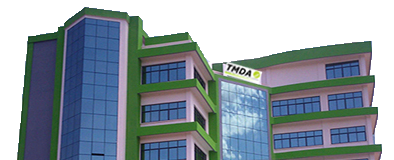Frequently Asked Questions
There are no risks to healthcare professionals when using appropriate PPEs and adhering to manufacturer’s instructions. However, if the PPEs are not used correctly, they may not be able protect the healthcare workers.
As of April, 2020 a total of thirteen (13) domestic pharmaceutical industries that manufactures different dosage formulations have been approved by TMDA. Moreover, there are numerous foreign manufacturers which have been approved to supply pharmaceutical products in Tanzania.
As of April, 2020 a total of eighty one (81) manufacturers have been approved by TMDA out of which, six (6) are domestic and seventy five (75) of them are foreign.
Yes, there are several guidelines which are approved under the EAC – MRH programme and have been adapted by individual NMRAs including Tanzania. For accessing these documents please clicks here for more details.
Some of the benefits of the harmonization initiatives include the following:
- Efficient use of resources including experts in assessment of quality, safety and efficacy of medicines
- Provides a single point of submission of applications for product registration
- A single communication on the outcome of assessment is sent to the applicant, which could be deficiencies or approval
- Reducing burden of manufacturers to host inspectors from several countries at different times
- Cost reduction
- Improve availability of quality, safety and efficacious medicines among the public in the member states
- Beneficial to medicines manufacturers to access a larger market for their products
The importation permits once issued are valid for a period of six (6) months and they can be used to clear imported products up to three (3) partial shipments.
All registered products have a validity of five (5) years from the registration issue date except for Antiseptics and Disinfectants which have a validity of three (3) years. The renewal applications of the products should be launched prior to their expiry.
Accessories and/or spare parts, supplied for the replacement of existing components of a registered medical device, are not considered to be medical devices unless they are likely to significantly change the characteristics or performance of the device. In the later case, the accessories and/or spare parts may be considered as medical devices in their own existence and therefore could require registration.
TMDA welcomes the application for registration of RDTs for Corona virus, provided that they are intended for research and not for public use.
The devices for detection of Corona virus are polymerase chain reaction (PCR) machines that have been recommended by Ministry of Health, Community Development, Gender, Elderly and Children (MoHCDGEC).

